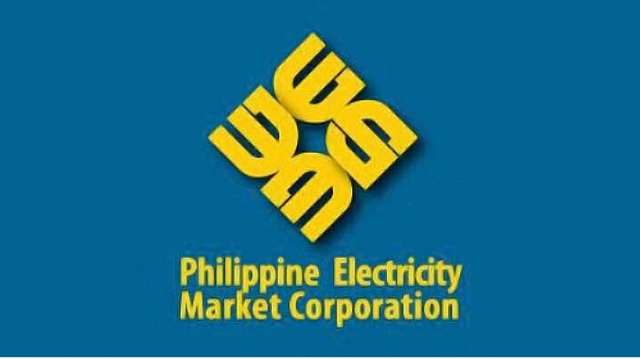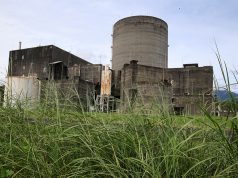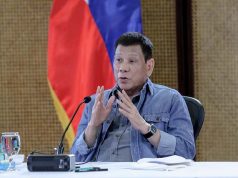
MANILA – Philippine Electricity Market Corp. (PEMC), the governance arm of the country’s wholesale electricity spot market (WESM), is studying a proposal to allow market operations to become a “for-profit” entity to attract interest from the private sector.
Francis Saturnino C. Juan, PEMC spokesperson, said the company has not closed its doors to the possibility of an entity such as the Philippine Stock Exchange (PSE) to operate the electricity market.
“In the future, there is that possibility,” he said in a recent interview.
Mr. Juan said the proposal came from stakeholders when PEMC invited industry participants on how they wanted the entity to evolve after a transition period that is to end in February 2018.
“One that we gathered in this consultation process… is later on allow for the market operation function to evolve as a for-profit activity,” he said, adding current WESM rules specifically stated that it be a nonprofit entity.
“But then if you would do that, who would be the interested parties to participate in any tender for the market operations function.”
The proposal has been presented to Energy Secretary Alfonso G. Cusi, who has yet to give his stand on the matter.
Mr. Juan became the spokesman for PEMC when Mr. Cusi in July last year ordered the creation of transition committee for the management of PEMC.
The committee is chaired by Oscar E. Ala, who exercises the function of PEMC president “until one is appointed by the PEMC board.”
Early last year, Mr. Cusi asked the previous members of the board to submit their courtesy resignation. No official reason was given for the move, which had surprised many in the industry.
WESM is the country’s centralized venue for buyers and sellers to trade electricity as a commodity where its prices are based on actual use, or demand, and availability, or supply.
The Department of Energy (DoE) said the transition panel is also mandated to assess PEMC’s existing structures, systems, and resources and propose a way forward for the WESM to meet the challenges ahead. The order gave the committee seven months from Aug. 1, 2017 to complete its tasks.
Mr. Cusi said the creation of the transition committee was in line with President Rodrigo R. Duterte’s thrust of ensuring the protection of the Filipino electricity consumers, who are affected by the operations of PEMC and the WESM.
He said PEMC “shall continue to effectively govern the operations of WESM for the benefit of all electricity stakeholders.”
Mr. Ala, as PEMC chairman, is joined in the committee by Jose Mari T. Bigornia, Jose M. Layug, Jr., Francis C. Saturnino Juan and Rauf A. Tan.
PEMC’s new board is composed of Mr. Cusi as chairman, and the following as members: Ronald Dylan P. Concepcion, Victor Emmanuel B. Santos, Emmanuel V. Rubio, Neeraj Bhat, Deon James, Rolando M. Cagampan, Octavius M. Mendoza, Allan L. Laniba, Noel V. Aboboto, Jesus L. Arranza and Peter L. Wallace as board members.
PEMC, a nonstock, nonprofit private corporation, was incorporated in November 2003 upon the initiative of the DoE. It has representatives from various sectors in the power industry and serves as the governance arm of WESM.
WESM started commercial operations in Luzon in June 2006 and in the Visayas in December 2010.
The electricity spot market was created by Republic Act 9136, the Electric Power Industry Reform Act of 2001 (EPIRA).
Mr. Juan said one of the mandates of the transition team is create an independent market operator (IMO).
“For the IMO, we envision it to be a small organization that is purely technical, dealing mostly with operations,” he said.









